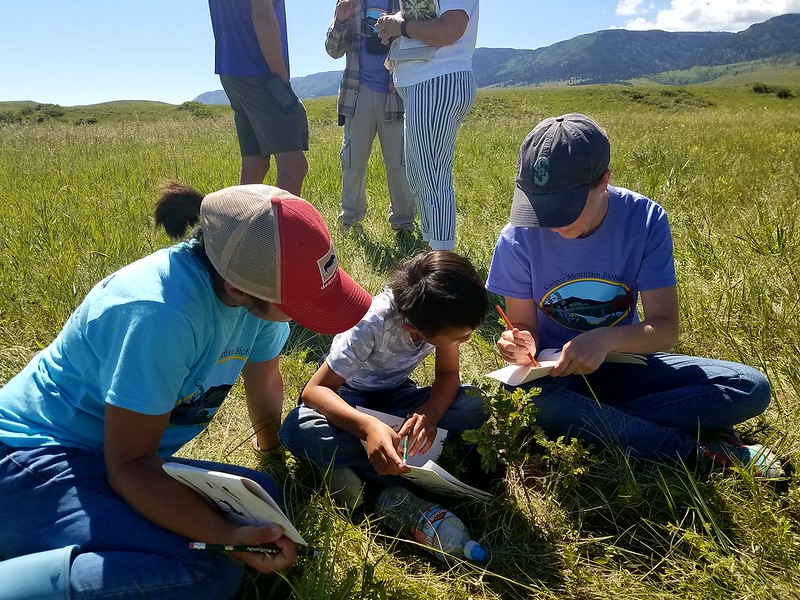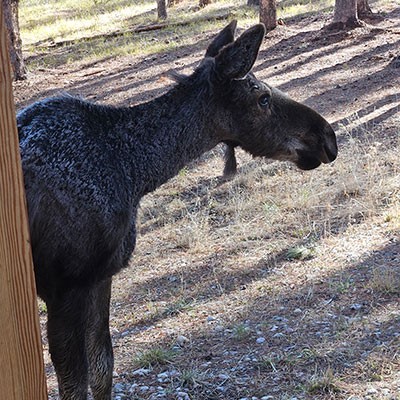Why We're Moving From "Citizen Science" to "Community Science"
The word citizen was originally used in the term citizen science to distinguish amateur participants in science projects, often performing data collection, from professional scientists, not to describe the citizenship status of these volunteer observers. Today, however, it is important for us to recognize that the term has become limiting to our work and partnerships in some contexts.
The Biodiversity Institute welcomes everyone who finds delight in biodiversity. As part of our commitment to equity, diversity, and inclusion, we believe it is important that we transition from using the term “citizen science” to the more inclusive term “community science.” No matter where a volunteer was born, where they live, or where they call home, we value their contribution to our programs. Citizenship, or the perception that a volunteer may or may not be a citizen, certainly isn’t a prerequisite for finding biodiversity, or science, fascinating!
Participation in volunteer initiatives like the the Rocky Mountain Amphibian Project, and the our Bi-Annual Moose Day are, at their best, communal experiences that bring us together as a caring community of people who are inspired by the biodiversity and the world around us. The term community science better reflects these social and relational realities.
Share This Post

Social Media
Latest News



Archives
- All
- October 2025
- August 2025
- July 2025
- June 2025
- May 2025
- April 2025
- March 2025
- February 2025
- January 2025
- November 2024
- October 2024
- September 2024
- August 2024
- July 2024
- June 2024
- May 2024
- April 2024
- March 2024
- February 2024
- January 2024
- December 2023
- November 2023
- August 2023
- July 2023
- April 2023
- September 2022
- August 2022
- July 2022
- June 2022
- May 2022
- April 2022
- March 2022
- February 2022
- January 2022
- December 2021
- November 2021
- October 2021
- September 2021
- August 2021
- May 2021
- April 2021
- March 2021
- October 2020
- August 2020
- July 2020
- January 2020
- March 2019


